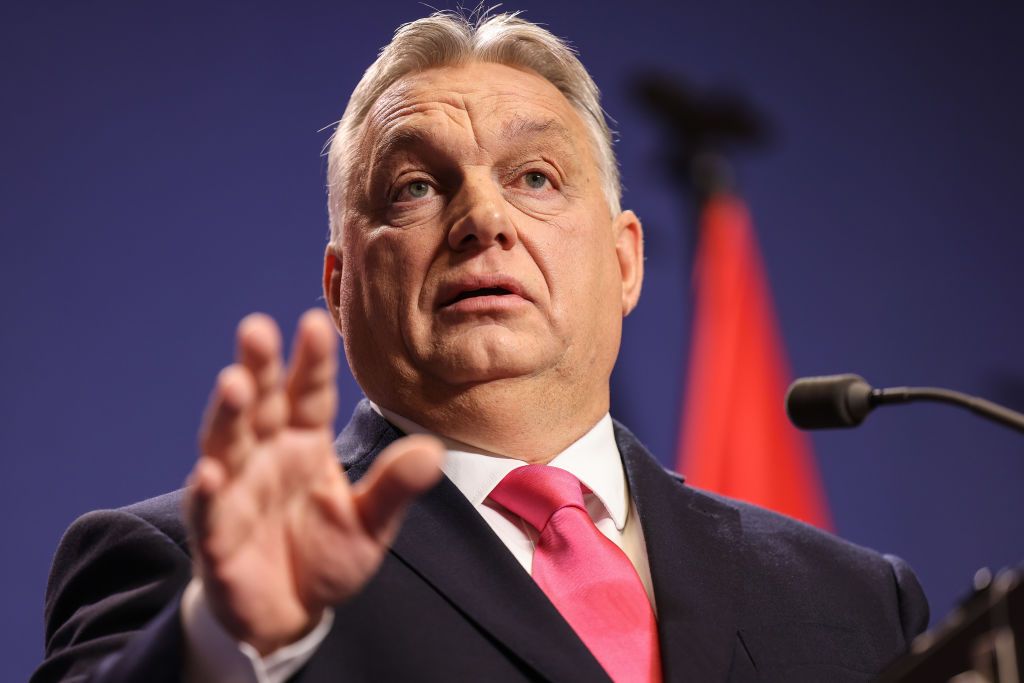Latvian parliament speaker visits Kyiv.
The speaker of the Latvian parliament, Daiga Mierina, made her first visit to Ukraine on Jan.
16, the Ukrainian parliament's press service announced on Facebook. "This visit will even strengthen the friendly alliance between our countries and parliaments," Deputy Chair of the Verkhovna Rada Olena Kondratiuk said. No mention was made of the reason for Mierina's visit.
Mierina's visit comes after President Volodymyr Zelensky's tour of the Baltic states earlier in January. Zelensky's last stop was in Latvia, after which Latvian President Edgars Rinkevics announced a new military aid package for Ukraine, including howitzers, drones, munitions. A staunch supporter of Ukraine against Russian aggression, Latvia has committed over 1% of its gross domestic product to military assistance for Kyiv, one of the highest shares of all the allies.
"I am grateful to Latvia for the latest military aid package for Ukraine and a clear understanding that the strength of Ukrainian warriors, positions, and future is the strength that secures Latvia's independence as well," Zelensky said on the social media platform X. Riga will also lead a drone coalition, one of the several military capability coalitions formed to support Kyiv, Rinkevics noted. The Latvian president further said that the prime ministers of Latvia and Ukraine would sign a memorandum on military cooperation and an intergovernmental assistance agreement later on Jan.
11. As part of non-military assistance, Latvia's parliament voted to provide over 500 million euros (£547 million) for Ukraine's reconstruction over the next three years, focusing on Chernihiv Oblast, according to Rinkevics. As part of his Baltic tour, Zelensky also visited Lithuania on Jan.
10 and Estonia a day later, receiving new pledges of long-term assistance from both countries. While Vilnius promised almost £220 million in the next three years, Estonia announced assistance of £1.3 billion until 2027.
Opinion: Orban is plain wrong on Ukraine Hungarian Prime Minister Viktor Orban sought to blackball Ukraine's bid to formally start EU accession talks last month, arguing that Ukraine was simply not ready.
Ultimately, the other 26 EU member states decided to ignore Orban's protestations and formally agreed to the start of accession talks wi...
